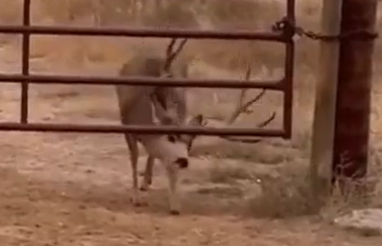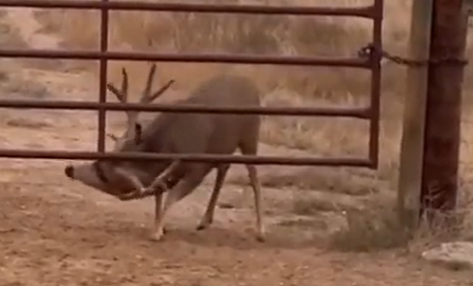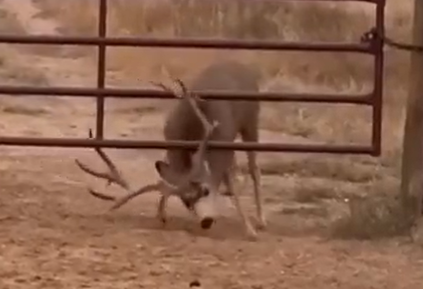I was already mulling this topic when, this morning, a video of a deer popped up on my twitter feed.
The video shows a buck maneuver his rack so he can get under a gate.
Here’s four screen grabs so you can see how he did it.




It’s striking, isn’t it?
But to my eye, this maneuver also demonstrates something profound about reality and about how we think.
It embodies a type of thinking.
Literally.
We think with our bodies.
Notice how we respond to this video of the deer by saying “clever deer” or “smart animal.” That’s a tell. We recognize that what we’re seeing is a kind of thought, a kind of intelligence.
The deer has “figured something out.” It’s “solved a problem.”
Continue reading
